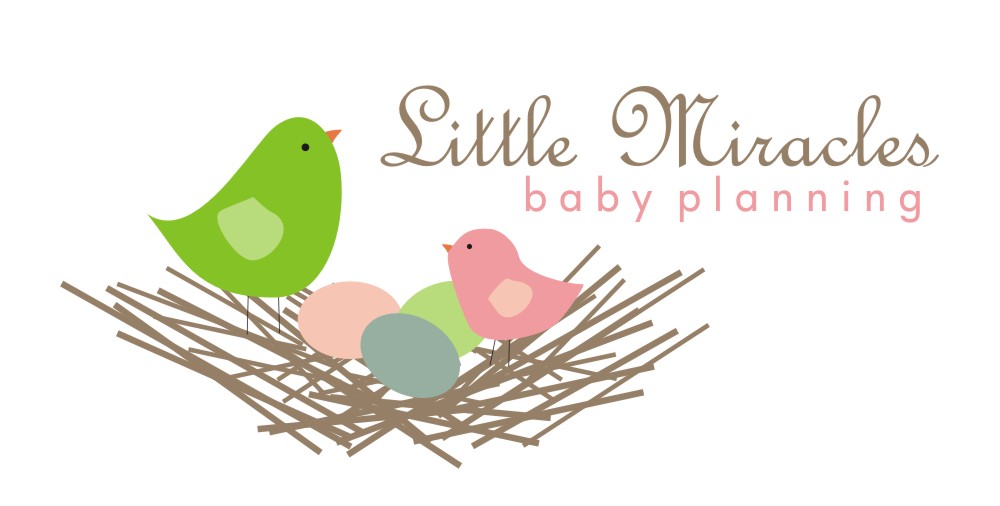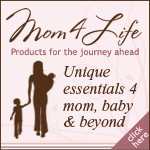 When Jocelyn Seeley-Baechler was pregnant with her first child, Gavin, she asked family members for any advice they might have about breastfeeding. Her mother-in-law, who had breastfed all four of her boys for at least a year, told her that it was important to “toughen up” her nipples by rubbing them several times a day with a washcloth during her pregnancy — otherwise they might be sore when the baby started nursing.
When Jocelyn Seeley-Baechler was pregnant with her first child, Gavin, she asked family members for any advice they might have about breastfeeding. Her mother-in-law, who had breastfed all four of her boys for at least a year, told her that it was important to “toughen up” her nipples by rubbing them several times a day with a washcloth during her pregnancy — otherwise they might be sore when the baby started nursing. “Just by chance, I mentioned this to my midwife and learned that it’s no longer considered helpful,” Seeley-Baechler says. “I certainly can’t fault my mother-in-law for the bad advice, though — that was the information she was given 30 years ago.”
It’s natural for new parents to turn to experienced parents for support and information, but they may not be aware that current recommendations have changed.
Read on for the top 10 pieces of advice you’d be advised to ignore, according to some of the nurses and staff at Wellington-Dufferin-Guelph Public Health in Ontario.
1 “You should toughen up your nipples to make breastfeeding less painful.” Public health nurse and lactation consultant Linda Southall explains: “Toughening up nipples is unnecessary and can induce preterm labour. Successful breastfeeding depends on the correct latch and positioning of the baby. Breastfeeding should not be painful — there may be some tenderness in the first few days, but this should soon subside.”
2 “If you pick up a crying baby, you will spoil him — and the crying develops his lungs.” Public health nurse Laurie Cadman says, “Crying is your baby’s only way to tell you he or she needs something. Research has shown that babies who are responded to promptly cry less.”
3 “Babies should be put down to sleep on their tummies so they won’t choke if they spit up.” There is no evidence that babies who sleep on their tummies are more likely to choke, explains public health nurse Ann Mulder. “Healthy babies will automatically swallow or cough up fluids.” In fact, she adds, “the latest research shows that sleeping on their backs greatly reduces babies’ risk of sudden infant death syndrome (SIDS).”
4 “Babies need to be bathed every day.” Not so, explains public health nurse Elaine Weir. “Bathing your baby two or three times a week will keep him clean — you are already cleaning the diaper area with each diaper change. Baby’s face, neck and groin creases may need some spot cleaning. More frequent bathing can contribute to dry skin, especially in the winter.”
5 “Giving your baby a pacifier or letting him suck his thumb will misalign his teeth.” If the child is still using a pacifier or sucking his thumb when the permanent teeth come in, this can cause a problem, says public health nurse Margaret Bray Holzinger. “And excess use of a pacifier can cause speech delay and change the shape of the baby’s palate and mouth.” For more on pacifiers, see The Great Pacifier Debate.
6 “Dress your baby very warmly, especially at night.” Babies who are too warm may become too sleepy to breastfeed, but a greater concern is the risk of SIDS, says public health nurse Cynthia Montanaro. “Dress your baby in lightweight clothing and blankets. Be reassured that if you are comfortable with your room temperature, then your baby is too.”
7 “Once a baby gets teeth, it’s time to stop breastfeeding, and breastfeeding for ‘too long’ causes emotional problems.” It isn’t necessary to stop nursing when a baby gets teeth, says Southall. “Research shows that breastfeeding beyond one year benefits the baby with perfect nutrition and increased immunity to disease, and avoids allergies. Psychologically, studies show these children have better social adjustment. A child who is allowed to wean himself naturally is generally more independent and more secure in himself.”
8 “Babies who are learning to walk need to have sturdy shoes to support their ankles.” That’s a myth, says public health nurse Jean Rudland. “When your baby is walking indoors, bare feet allow him to grip the floor and develop steadiness as he learns this new skill.” Obviously, there are times when shoes are needed to keep your baby’s feet safe and clean. You should choose shoes that are soft, breathable, with non-skid soles, and that allow for flexibility at the toes, arch and ankles.
9 “Start solid foods and your baby will sleep through the night.” This is a favourite old wives’ tale. “Research has shown that feeding solids does not help a baby sleep longer,” says registered dietitian Barbara Bartle. The Canadian Paediatric Society recommends that babies be breastfed exclusively up to six months of age.
10 “Get your baby on a feeding schedule as soon as possible.” A better approach is to watch for your baby’s signals — sucking on hands, turning his head as though searching, fussing, etc. “Babies should be fed on demand,” says Bartle. “They listen to their internal hunger cues and should be fed when they are hungry, not when the clock has reached a specific time.”
If you hear other advice that you’re not certain about, check with your doctor, midwife or a public health nurse — they’ll be able to let you know the most up-to-date information about baby care.

.png)




No comments:
Post a Comment